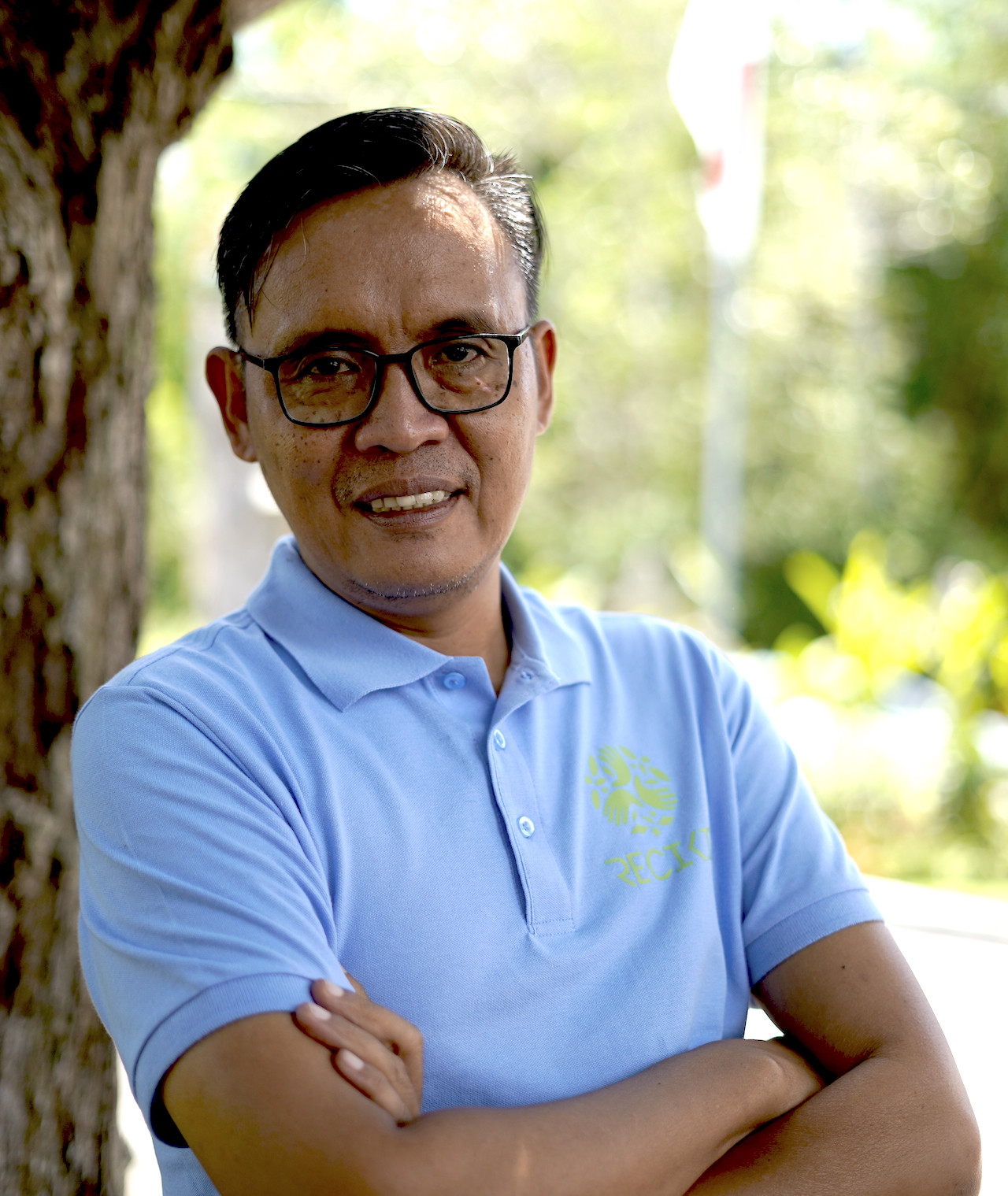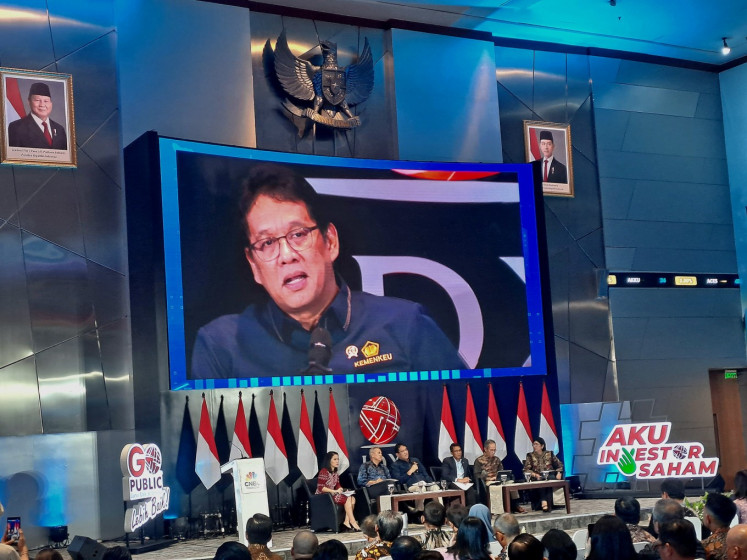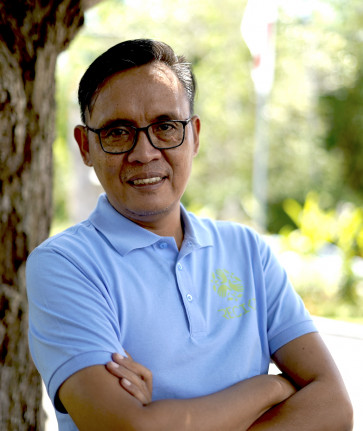Popular Reads
Top Results
Can't find what you're looking for?
View all search resultsPopular Reads
Top Results
Can't find what you're looking for?
View all search resultsExecutive Column: For Reciki, even low-value trash means business
Waste management firm Reciki focuses on recycling low-value waste, including plastic bags and diapers, to turn a problem into profit.
Change text size
Gift Premium Articles
to Anyone
W
aste management has long been an issue in Indonesia, a country dubbed the second-largest plastic polluter in the world. While new plastic recycling firms have emerged in the last five years, those dealing with low-value waste, such as plastic bags, are still scarce.
The Jakarta Post’s Eisya A. Eloksari interviewed waste management start-up Reciki founder and CEO Bhima Aries Diyanto on Jan.21 to discuss the company’s goal in monetizing all kinds of waste and its long-term goal to alleviate the burden on landfills.
Question: What is Reciki and how do you operate?
Answer: Reciki is a waste management service that uses a zero-waste-to-landfill approach, meaning we try to process all kinds of waste so that almost no trash goes to the final disposal site (TPA).
As of today, we operate two recycling facilities in Lamongan, East Java, and Jimbaran, Bali. Our Lamongan facility collects waste from around 15,000 households and around 200 commercial and industrial spaces, which amounts to 60 tons of waste daily.
Meanwhile, our Jimbaran facility has a capacity of 120 tons of waste, and we collect trash from some 40,000 households and hotels around South Kuta.
What sets you apart from other recycling companies?


















